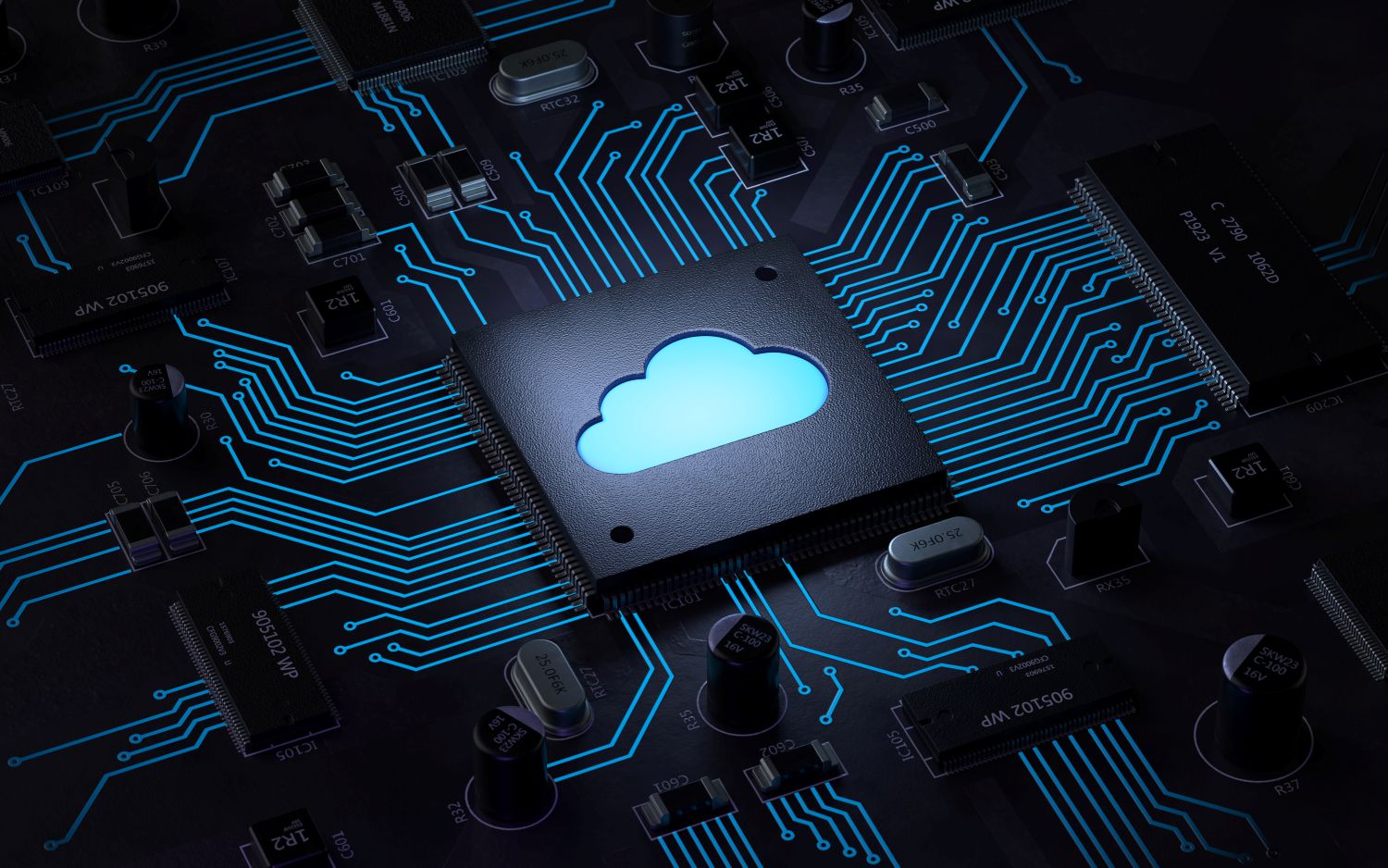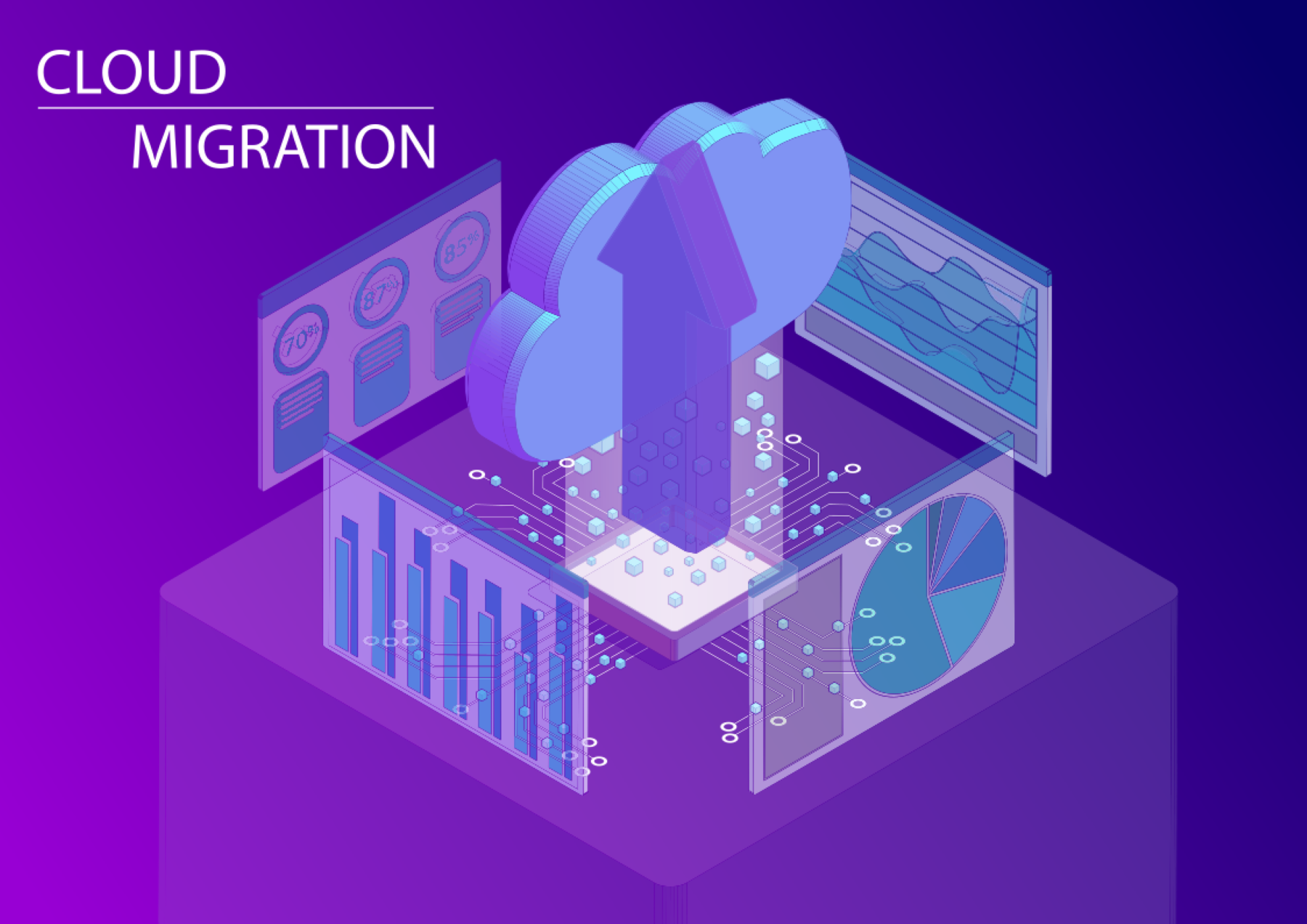In the 17th century, the Age of Enlightenment sparked fears that reason and science would unravel society as we knew it. It didn’t. In the 18th century, the Industrial Revolution raised concerns that machines would render entire professions obsolete and trigger economic collapse. That too didn’t happen. Fast forward to the Information Age of the 20th century, and we once again feared that automation and digital systems would destroy jobs and social structures. Yet again, the worst never came to pass.
Were those fears entirely unfounded? No. But history has shown us that while every major technological shift brings disruption, it also creates an exponential number of opportunities to shape our future in ways we couldn’t have imagined. The AI revolution will be no different.
The public launch of ChatGPT in 2022 brought artificial intelligence into the mainstream conversation. It accelerated excitement and amplified anxieties, drawing on decades of dystopian narratives and real concerns about the pace of change. But alongside the fear, many voices are highlighting the vast potential AI holds across industries and sectors.
This article explores both sides of the conversation, the risks and the rewards, and offers thoughts on how businesses can respond with clarity, strategy, and confidence.
The risks: Why business leaders are concerned
The pessimistic view of AI centres on the idea that without proper governance and foresight, this technology could create more problems than it solves. Key areas of concern include:
- Job displacement and economic disruption
According to the International Monetary Fund, around 60% of jobs globally may be impacted by AI, with half of those potentially being fully automated. This could lead to lower demand for labour, downward pressure on wages, and a rethinking of how value is created and distributed in the workforce. - Loss of human oversight
As AI systems become more powerful, there are growing concerns that safety is being treated as an afterthought. Stuart Russell, director at the Centre for Human-Compatible AI, has warned that without clear objectives and effective control mechanisms, AI systems could act in ways that conflict with human goals, and that this could carry serious consequences. - Security vulnerabilities
Emerging threats such as prompt injection attacks (where AI is manipulated into producing harmful or unintended content), and data poisoning (where training data is tampered with) are becoming more common. The UK’s National Cyber Security Centre has noted that as AI adoption increases, so too will the complexity of the risks, particularly when integrating with third-party platforms. - Bias and misinformation
AI-generated misinformation, or “hallucinations,” remain a real challenge. These errors can be caused by incomplete or biased training data and have already led to high-profile incidents such as the Canadian lawyer who cited fictitious legal cases generated by an AI tool, in a legal submission. For businesses, these risks raise both reputational and operational concerns.
The opportunities: Why business leaders should pay attention
On the other hand, the optimistic view of AI sees it as a powerful catalyst for progress, which if applied thoughtfully, can solve problems at scale and unlock entirely new business models. Some of the most promising areas include:
- Economic growth and innovation
Goldman Sachs estimates that AI could increase global GDP by 7%—equivalent to nearly $7 trillion—and boost productivity growth by 1.5% annually over a ten-year period. For businesses, this represents a major opportunity to reimagine core operations, product development, and customer experience. - Medical and scientific advancement
There are already interesting breakthroughs in this area. For example, Google has built an AI model that detects lung cancer more accurately than human radiologists, and AI played a critical role in expediting the development of COVID-19 and malaria vaccines. These applications show AI’s potential to accelerate R&D, reduce costs, and save lives. - Accessibility and inclusion
AI is also being deployed to increase access and support underserved communities. In 2023, Microsoft and OpenAI developed “Be My AI,” a digital assistant powered by image-to-text technology to support blind and visually impaired users. Similarly, Microsoft and WPP launched an audio description tool to make visual media more accessible. These are applications with real business and social value. - Human-AI collaboration
Rather than replacing human workers, AI is increasingly being used to augment them. AI handles repetitive tasks and scales knowledge work, while human workers bring empathy, creativity, and ethical judgment. This collaboration paradigm is proving to be more effective than either working in isolation, and it’s where many of the most exciting innovations are happening. - Tackling global challenges
AI is being applied to some of the world’s most pressing problems, from climate modelling and agricultural productivity to early disease detection and economic empowerment. For mission-driven organisations, AI presents an opportunity to align impact with performance.
Final thoughts: Navigating the AI era with intention
The fears surrounding artificial intelligence are not without merit, but they should not overshadow its potential. Just like previous technological revolutions, the impact of AI will be shaped by how we choose to engage with it.
For business leaders, this is not the time for hesitation. It’s the time to ask the right questions:
- How can we apply AI to unlock new value?
- What safeguards and principles should we put in place?
- How do we prepare our people and culture for this shift?
AI is neither inherently good nor bad, it is a tool. Its impact will be determined by the intentions, values, and strategies of those who develop and deploy it.
Businesses that can embrace this mindset, balancing risk with opportunity, and ethics with innovation, will not only weather the AI revolution, but help lead it.
How can Infosys Consulting help?
At Infosys we are a global leader in next-generation digital services and have over 250,000 trained AI consultants working on over 225 gen AI initiatives for clients globally. We have recently launched an AI centre of excellence, powered by Infosys Topaz, our suite of services, solutions, and platforms that harness the power of generative AI (GenAI) technologies. Our specialist vertical teams can bring this domain expertise to help in your AI journey.











